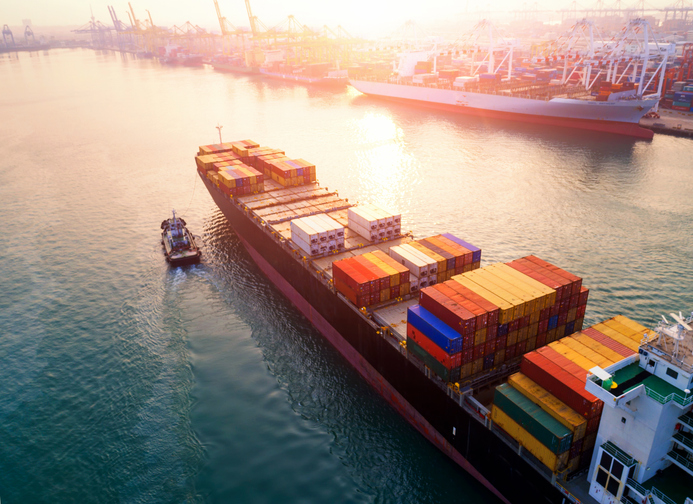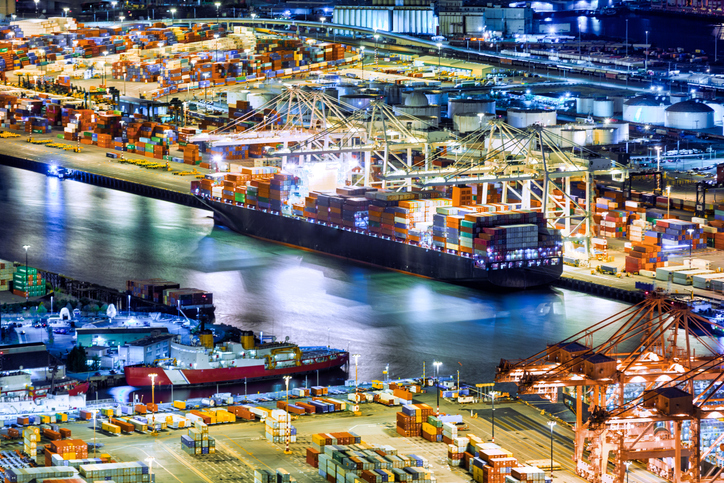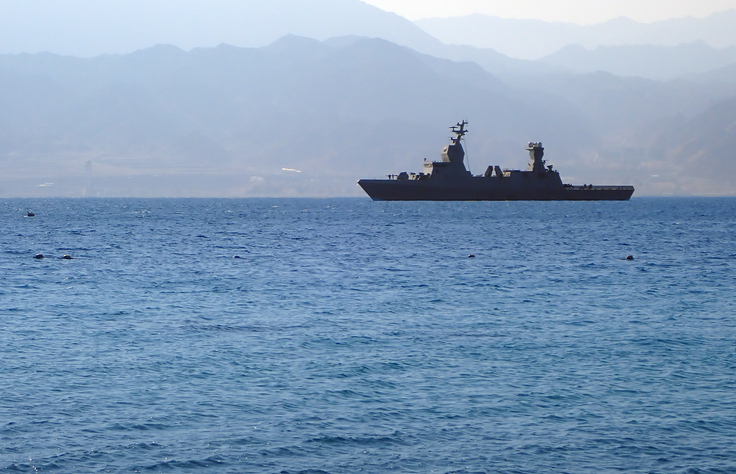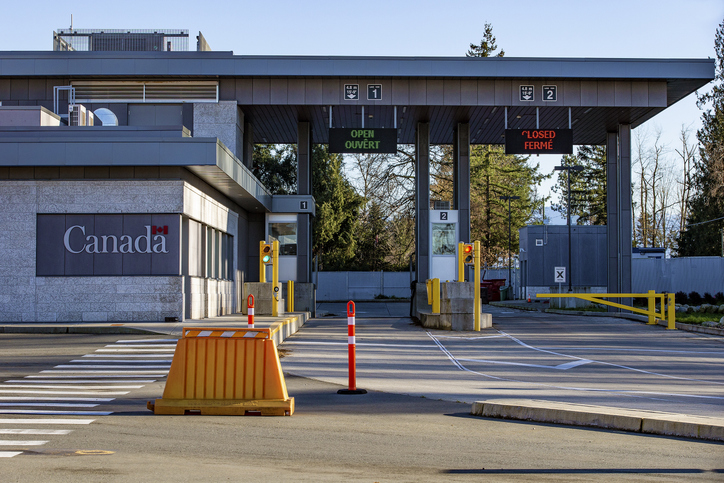
The Weekly Roar
In this week’s Roar: U.S. ports are lagging, congestion in China, Houthi attacks on the decline, details on the potential Canadian strike, and the need for better market intelligence.
 The latest Container Port Performance Index (CPPI) highlights the current dominance of East and Southeast Asian ports in the ranking of worldwide container ports — ranks are based on the amount of time ships spend in port. China’s Yangshan Port tops the ranking for the second consecutive year, while, in contrast, American ports are notably absent from the top 50. Charleston is the highest-rated US port, and it comes in at 53. This emphasizes that it’s time for U.S. ports to step up and invest in new technology that will improve efficiency.
The latest Container Port Performance Index (CPPI) highlights the current dominance of East and Southeast Asian ports in the ranking of worldwide container ports — ranks are based on the amount of time ships spend in port. China’s Yangshan Port tops the ranking for the second consecutive year, while, in contrast, American ports are notably absent from the top 50. Charleston is the highest-rated US port, and it comes in at 53. This emphasizes that it’s time for U.S. ports to step up and invest in new technology that will improve efficiency.
Despite Asia’s current rankings, all is not perfect for the region’s ports. Some are facing significant congestion, which is affecting nearly half the Asia-Europe sailings. The port of Singapore and others in SE Asia are dealing with disrupted schedules, while Shanghai is experiencing its worst congestion since the pandemic. Vessels are dealing with long wait times to birth, which is leading to high utilization rates and reduced available capacity. Ongoing delays and blank sailings are making the situation worse, with no short-term relief in sight, which is keeping freight rates high and disrupting almost half of Asia-Europe sailings.
There is a silver lining this week — positive news out of the Red Sea, where attacks by Houthi militants have decreased. This is mostly due to increased international naval cooperation — especially countries bordering the Red Sea like Greece — and their efforts to protect commercial vessels. The European Union’s naval operation Aspides, along with the U.S.-led Operation Prosperity Guardian, is starting to deter the attacks and ease some of the geopolitical, commercial, and environmental repercussions.
What happens if more than 9,000 Canada Border Services Agency (CBSA) employees aren’t provided with what they decide is a fair contract and strike after being without a contract for more than two years? CBSA agents are deemed essential workers, so they can’t take part in a full stoppage, but they can work to rule—meaning they’ll only do the minimum required duties. Unfortunately, the reduced work could still be enough to bring traffic at the border to a standstill. Work-to-rule action in 2021 had truckers reporting hours-long delays at crossings. And, if there is a strike, if it drags on long enough, it could potentially coincide with a separate strike by Canadian rail workers that could start mid-July.
Around the world, nearly 200 supply-chain decision-makers took part in a Supply Chain Resilience Survey, and the results show many are struggling to develop strategies for data-driven risk mitigation. Specifically, 96% of them are currently integrating market intelligence, but 51% of them admit they need better data. This highlights the need for organizations to consider how to integrate technologies like AI and automation, as they can enhance visibility, optimize operations, and support sustainability.
For the rest of the week’s top shipping news, check out the article highlights below.









